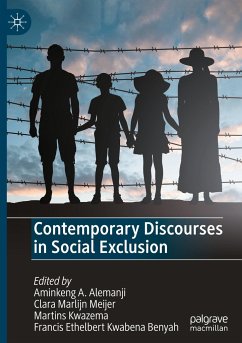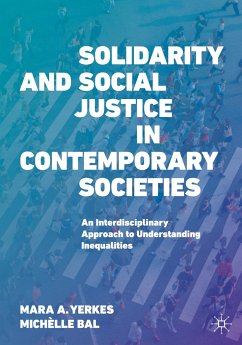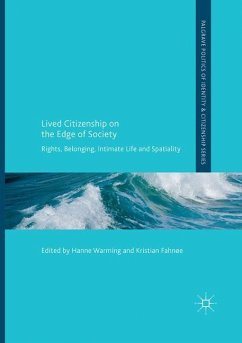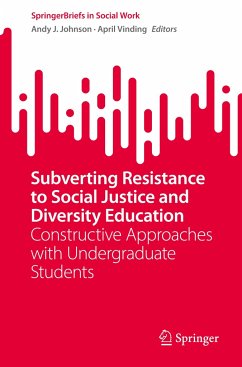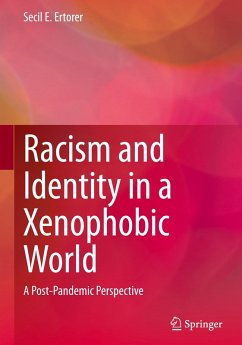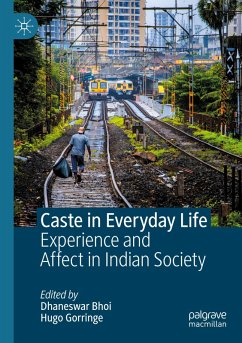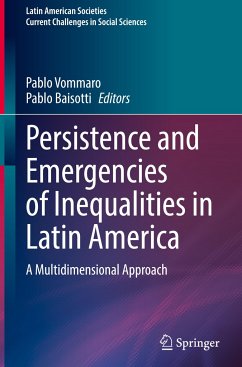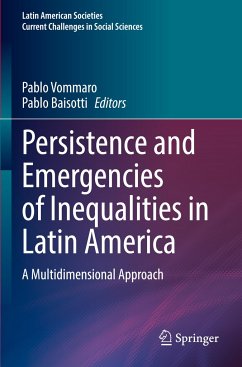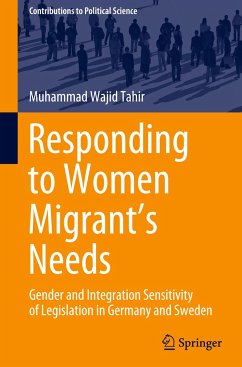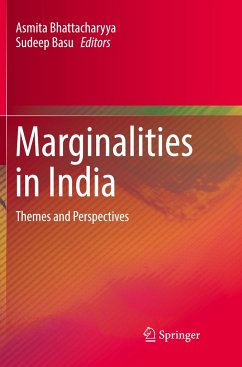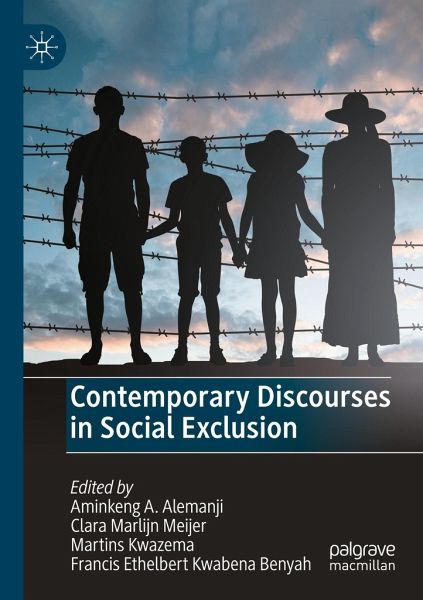
Contemporary Discourses in Social Exclusion
Versandkostenfrei!
Versandfertig in 6-10 Tagen
113,99 €
inkl. MwSt.

PAYBACK Punkte
57 °P sammeln!
This book looks into different forms of social exclusion in different societies or contexts. It is important to note that in some cases, social exclusion is fueled by the deprivation of economic resources, political and social rights. In contrast, social constructs or cultural norms constitute significant factors in other cases. At the subject (macro) level, this book opens up an avenue where researchers from different subjects can look into how central issues of their subject can be understood through the lenses of social exclusion. For example, historical perspectives of social exclusion, so...
This book looks into different forms of social exclusion in different societies or contexts. It is important to note that in some cases, social exclusion is fueled by the deprivation of economic resources, political and social rights. In contrast, social constructs or cultural norms constitute significant factors in other cases. At the subject (macro) level, this book opens up an avenue where researchers from different subjects can look into how central issues of their subject can be understood through the lenses of social exclusion. For example, historical perspectives of social exclusion, sociological perspectives of social exclusion, religiosity and social exclusion, gender perspectives of social exclusion, educational perspectives of social exclusion, etc. At the thematic (micro) level, this book looks into how specific themes like racism, the corona virus pandemic, albinism, media, sexuality and gender intersect with social exclusion. In doing all these, the book also provides a much-needed multidisciplinary and methodological understanding of issues of social exclusion.





